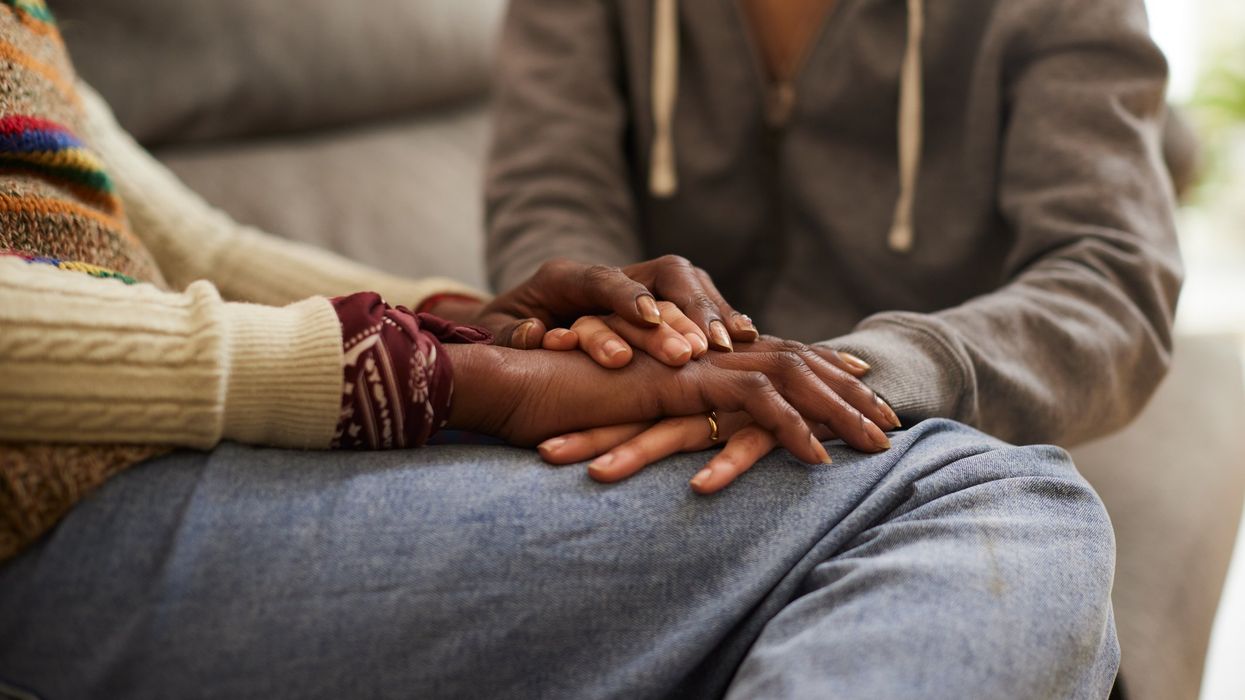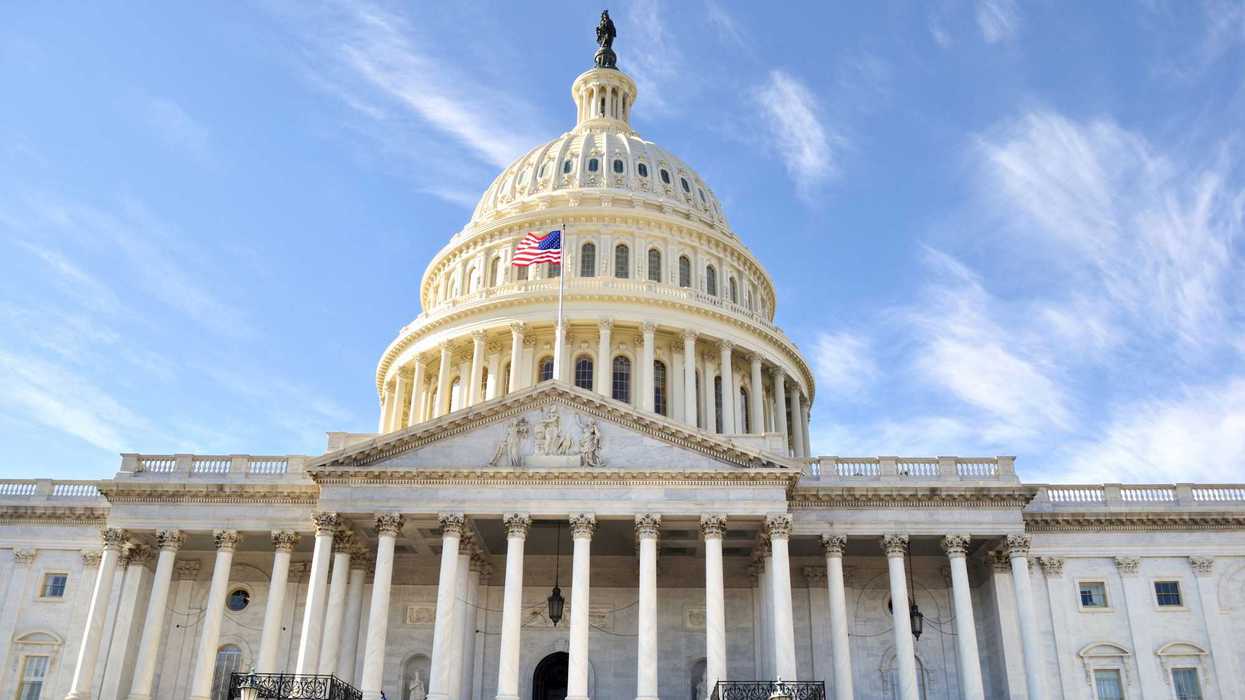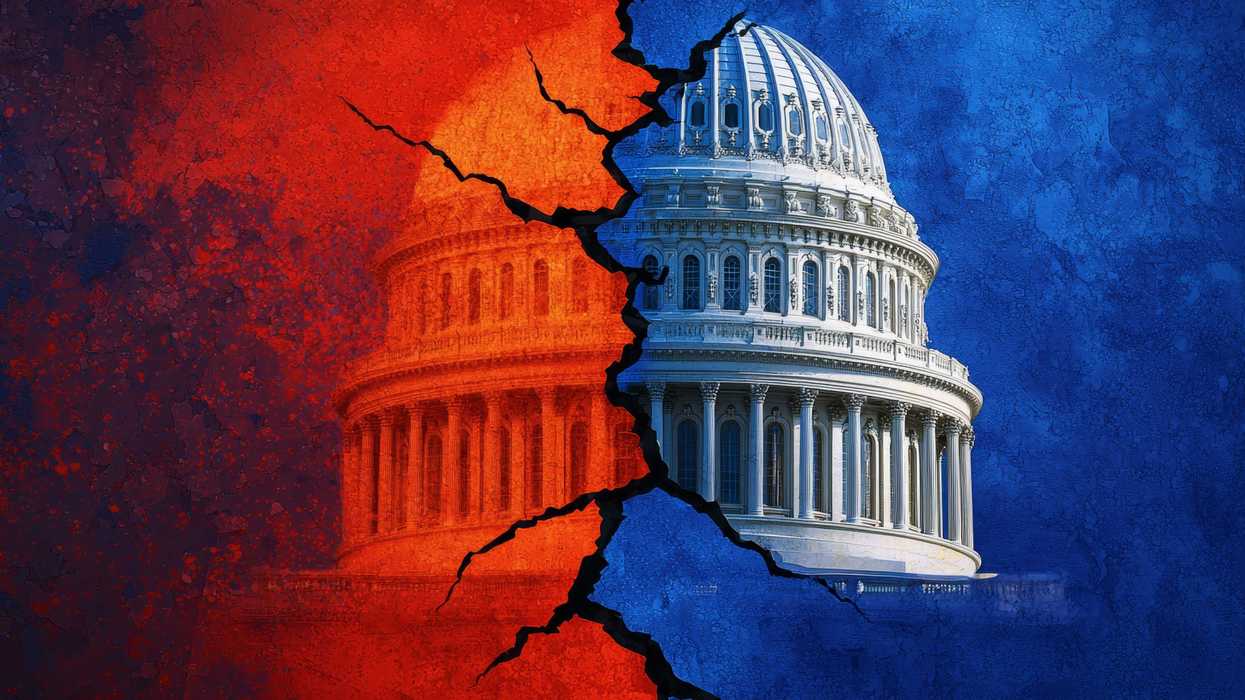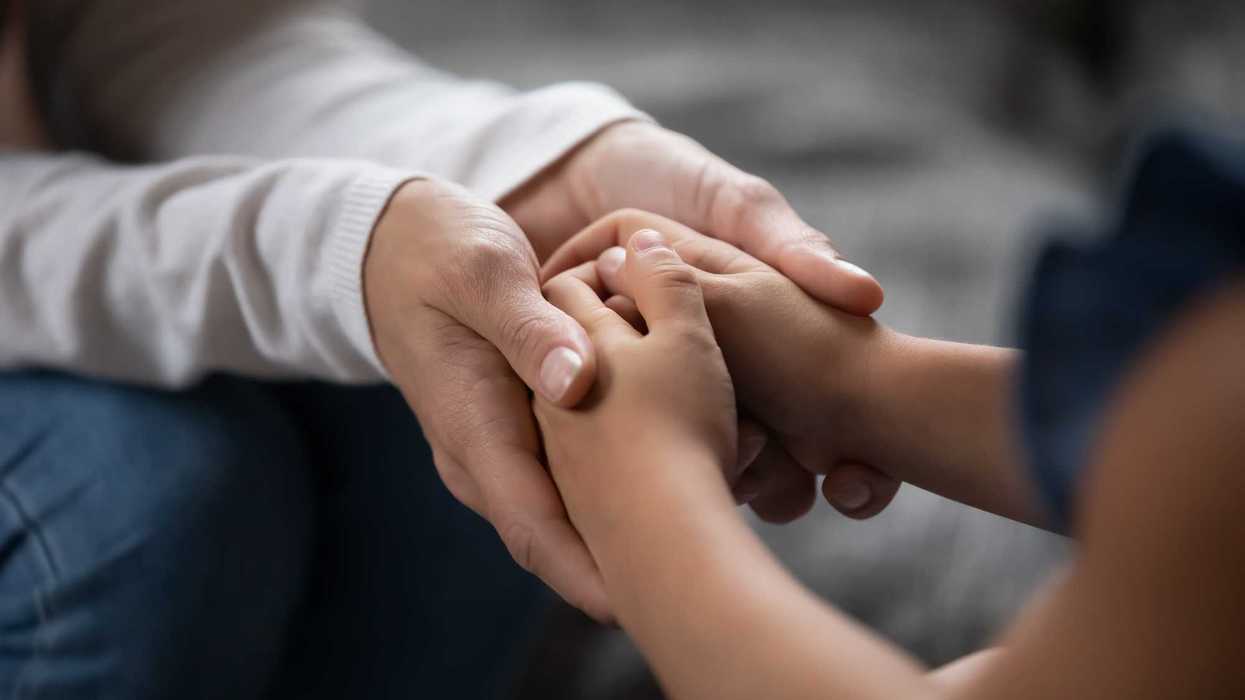This essay is part of a series by Lawyers Defending American Democracy where we demonstrate the link between the administration’s sweeping executive actions and their roots in the authoritarian blueprint, Project 2025, and show how these actions harm individuals and families throughout the country.
The Trump administration’s funding cuts and new rules for grants are threatening critical programs from food and housing to medical research, parks, and much more. Among them are programs proven to prevent and reduce violence as well as initiatives that assist survivors of domestic violence, sexual assault, and other acts of violence.
Although the administration claims to care about violence—citing concerns about “rapists,” for example, in justifying policies that target immigrants and transgender individuals—its actions in fact increase the risk of violence and jeopardize survivors’ safety and ability to move forward. The administration’s harsh approach aligns with Project 2025’s failure to support critical social services, which can be a lifeline for victims of sexual violence or domestic abuse.
Sexual and domestic violence occur in all regions of the country and affect all age groups and household incomes. The National Domestic Violence Hotline, which took its first calls in 1996, fields up to 3,000 calls and messages a day from all over the country. Even before this administration’s draconian cuts, the hotline has been woefully underfunded, with resources to answer only about half of its calls and messages. In addition, more than half of women and almost one in three men have experienced sexual violence involving physical contact, and one in four women have experienced rape or attempted rape, the Centers for Disease Control and Prevention reported last year.
One investigation described survivor Tina Johnson, who grew up in Alabama in a community where sexual abuse was rampant, wasn’t something that was discussed, and was something women were raised to tolerate and for which they were often blamed. She first experienced sexual abuse when she was about four years old. Soon, a second uncle began abusing her as well. As a young adult, she was sexually assaulted by a prominent lawyer, who later ran for the U.S. Senate.
Survivors like Johnson clearly need help, yet the administration appears determined to undermine programs that might provide it. Many of the current cuts have come without prior notice. Newly imposed grant restrictions aim to cut funding unless programs pledge to adhere to unprecedented requirements—vowing not to promote diversity, equity, and inclusion, for example. And this is despite the fact that Congress has supported programs reaching out to those most in need of help. While some proposed cuts have been reversed or paused, the resulting uncertainty makes it virtually impossible for victim service organizations to run effectively and plan for the future.
Why this matters
Cuts increase risks for survivors and their families:
Survivors fleeing abusive partners in the middle of the night could lose access to hotlines that help them find safety. People who have been sexually assaulted could lose access to forensic nurse examiners specializing in sexual assault, to rape kits that preserve evidence, to rape crisis counselors, and other essential help. Case management, counseling, housing assistance, legal help, and medical care, among other things, are also under threat.
Entire communities, including LGBTQ+ and immigrant survivors, could lose access to support programs. Survivors of domestic violence may find it harder to get a lawyer to help them navigate the legal system when, for example, they seek a protective order or help with a child custody battle.
Programs aimed at reducing violence are needed in every part of the United States:
Funding cuts threaten efforts to guide abuse survivors toward healthy relationships; public service announcements that raise awareness of domestic violence; and initiatives like Dating Matters, a program aimed at helping teenagers recognize and respond to abuse. Critical programs addressing the root causes of domestic violence and sexual assault face budget cuts simply because someone in Washington declares that they are not “aligned with the administration’s priorities.”
Slashing these programs increases the risk of poverty:
Domestic violence survivors often end up saddled with debt incurred by their abusive partners and face other economic challenges as a result of abuse. Support programs help them keep jobs and housing so they can be economically secure.
Safety and support are crucial:
A robust democracy should help people in times of need and should promote safety. Vital social service programs should not be terminated for partisan political reasons. Domestic violence and sexual assault are not Republican or Democratic issues, nor are they issues that affect only cities, a particular state or two, or one social or economic class.
We as a nation should have a shared commitment to ending violence and supporting victims of abuse. Project 2025 paints a picture of a country where individuals are left on their own to deal with crippling assaults, their mental, physical, and emotional damage be damned.
Julie Goldscheid is a Professor of Law Emeritus at CUNY School of Law and an Adjunct Professor of Law at NYU School of Law. She teaches courses on gender violence and has taught courses including civil procedure, legislation, gender equality and lawyering. She is a volunteer with Lawyers Defending American Democracy.












 Mayor Ravi Bhalla. Photo courtesy of the City of Hoboken
Mayor Ravi Bhalla. Photo courtesy of the City of Hoboken Washington Street rain garden. Photo courtesy of the City of Hoboken
Washington Street rain garden. Photo courtesy of the City of Hoboken







